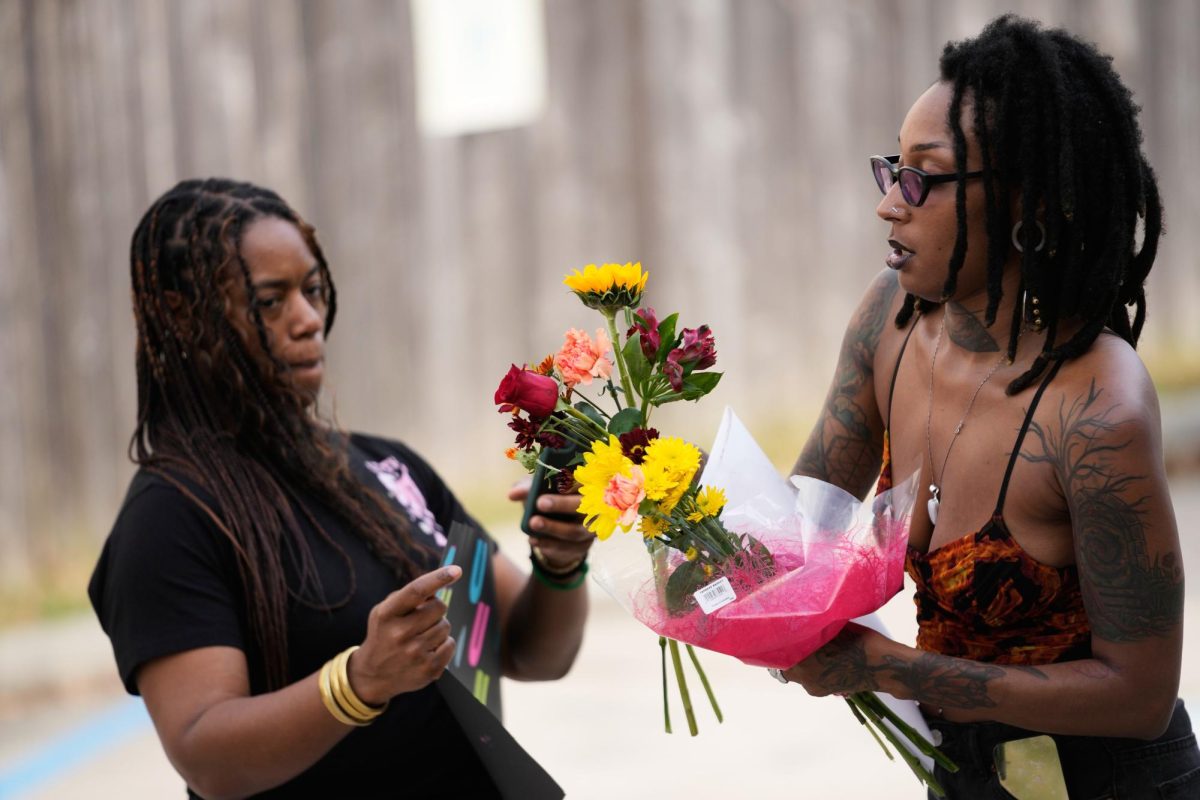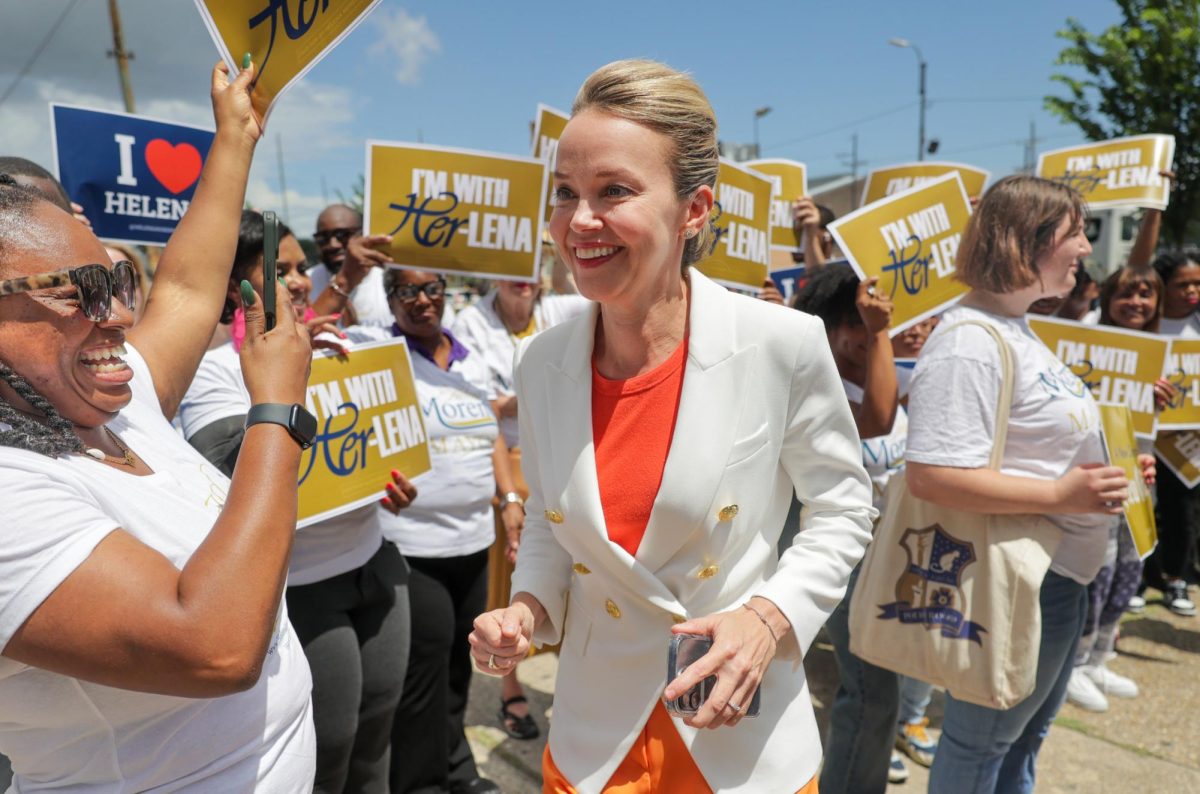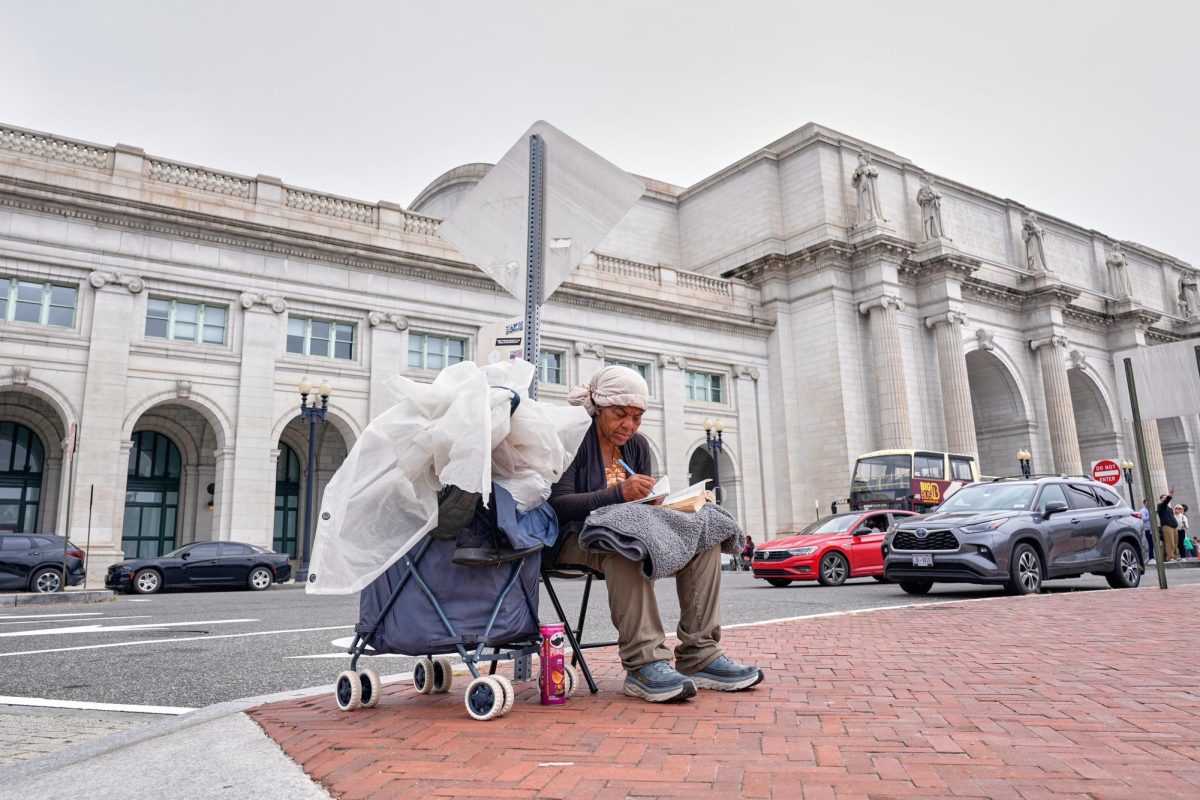New Orleans has become the first city in Louisiana this month to take a step to reduce the sales tax for menstrual products and diapers, a surcharge commonly known as the “pink tax,” according to a press release from City Council.
An Aug. 20 ordinance filed by Councilmember Helena Moreno defines feminine hygiene products as “tampons, menstrual pads, sanitary napkins, panty liners, menstrual sponges and menstrual cups.” These products, as well as diapers, are now subject to a 2.5% sales tax imposed by the city instead of the 5% former tax.
The reduction in the “pink tax” for customers in New Orleans is the latest legislative milestone on a months-long road to achieving tax exemption on a range of products specifically marketed toward women.
In 2018, former Louisiana Senator JP Morrell penned Senate Bill 4, an proposed amendment to the Louisiana state constitution that would have exempted feminine hygiene products from the state sales and use tax. The bill spent nearly three months under consideration and ultimately failed on the state level, but last year, New Orleans lawmakers unanimously passed a 2019 resolution written by Representative Aimee Freeman calling for “pink tax” exemption on the local level.
Some opponents of the “pink tax,” which exists in more than half of U.S. states, consider it to be an unfair burden on people who menstruate.
“In terms of the pink tax, when one considers the persistence of the gender wage gap in 2020 in which women make an average of 81 cents for every dollar a man makes and, women of color, in general make even less, the pink tax is all the more burdensome on women,” Loyola Women’s Resource Director Patricia Boyett said.
“The pink tax also negatively impacts transgender persons, who also suffer from disparities in pay,” she said.
Boyett called New Orleans a “wonderfully unique city” with progressive gender equity politics. But the city still has work to do in confronting barriers to financial security, according to Moreno.
“A report from United Way of Southeast Louisiana shows that in New Orleans, close to 60% of single-family households led by women are living in poverty. Now during this pandemic, the struggles for some families are insurmountable. We must find all different types of approaches to provide aid, and this is one of them,” Moreno said in a press statement.








